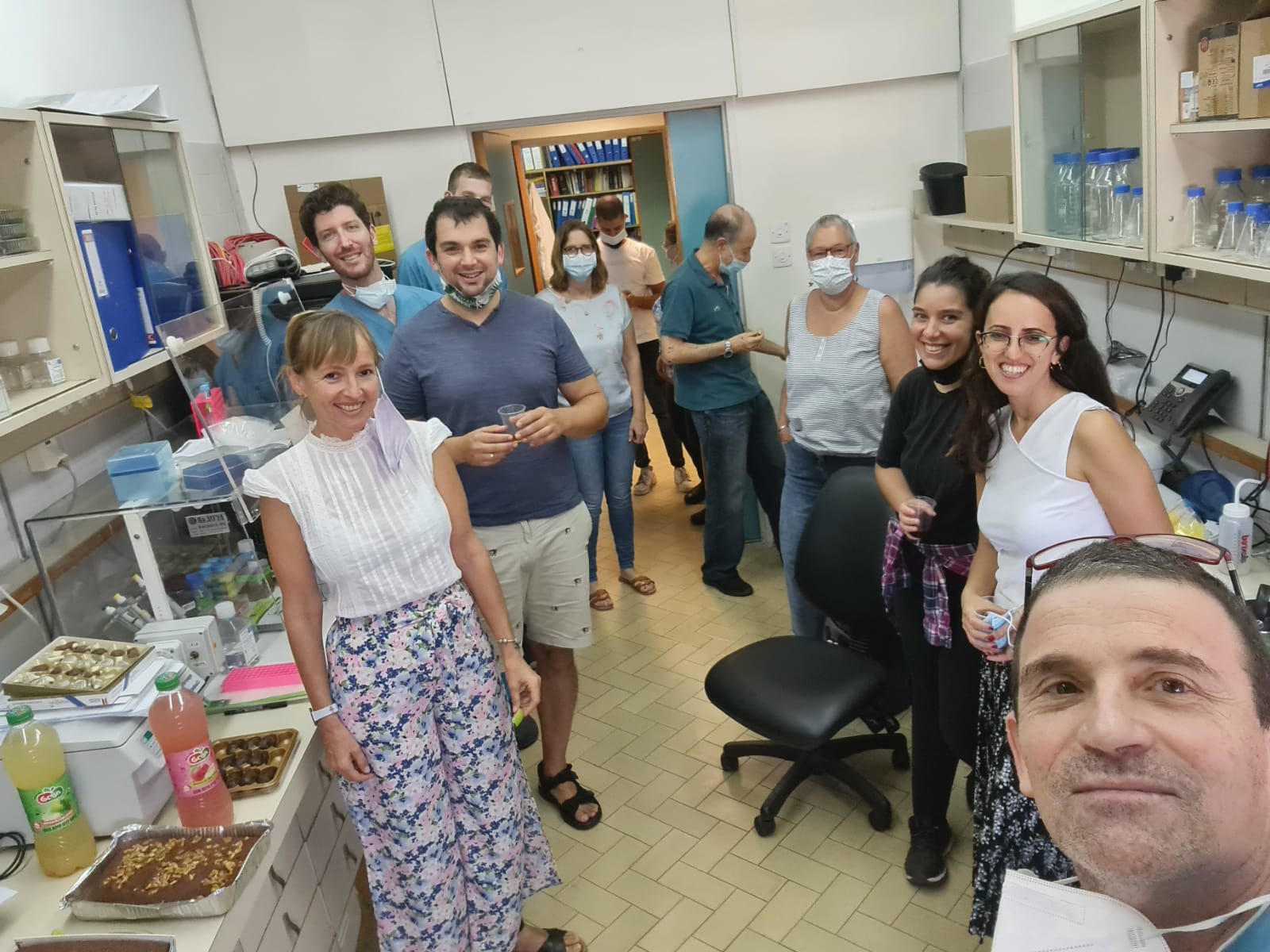Current solid tissue sampling methods for diagnostics mostly use tissue biopsy, which could lead to localized tissue injury, bleeding, and scarring. Tissue biopsy is followed by pathological examination of the sampled tissue and a decision based on that examination. Recently, we demonstrated novel
technology for harvesting biomolecules in vivo based on extraction using vacuum assisted electroporation – termed e-biopsy. This proposal is based on our previous experience with in vivo usage of pulsed electric field and electroporation technologies.
We propose the following specific aims. Develop a novel pulsed electric field generator for tissue electroporation and electroextraction.
Develop a novel handheld applicator for skin molecular biopsy with electroporation Validate ebiopsy devices in human non-melanoma skin cancer. In this study, we will use 150 excised human skin samples with known pathology and initially characterized by biomarkers for protein biomarker extraction with the novel equipment. The proposed approach includes temporary tissue permeabilization using non-thermal pulsed electric fields. The permeabilized tissue will release proteins which will be harvested by the same e-biopsy handheld device, pumped out and analyzed for tissue profiling. Profiling will consist of shotgun proteomics. Bioinformatics will be applied to the resulting data to assess and optimize technology performance and to detect differentially expressed proteins and
pathways. In addition, a classifier will be developed that will provide a basis for the potential future use of the proposed technology in diagnostics. This project will be executed as a collaboration between a Prof. Golberg, Prof. Yakhini, Prof. Shalom.
Based on molecular profiles of tumors and other tissues, personalized medicine aims to optimize medical care and preventative measures on an individual patient basis. In cancer therapy and care, a clear potential advantage has been demonstrated to the personalized approach as compared to traditional therapies.
To enable tumor profiling, current methods use tissue biopsy, which involves the physical resection of a small tissue sample. This procedure leads to localized tissue injury, bleeding, inflammation, neural damage, and stress
